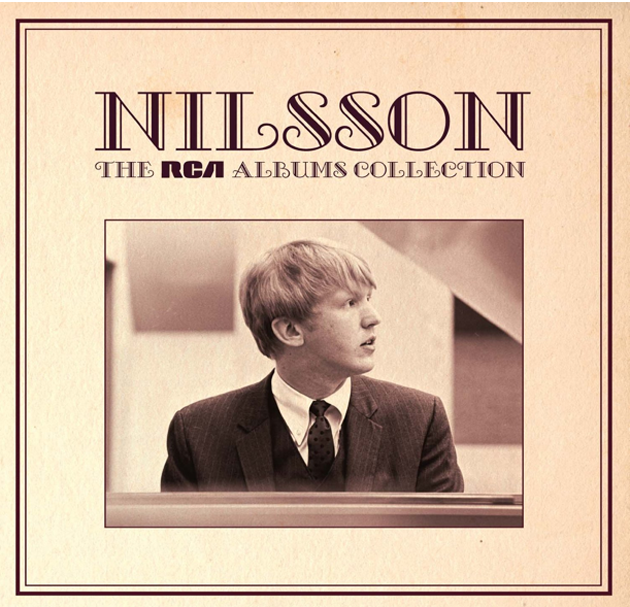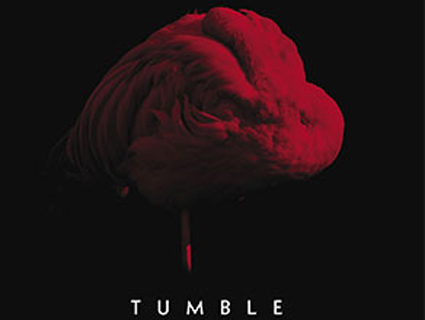
Nilsson
The RCA Albums Collection
RCA/Legacy
John Lennon once called him his favorite group, which makes an odd sort of sense. The Brooklyn-born, California-bred Harry Nilsson (1941-1994) encompassed a remarkable array of styles in the late-‘60s and throughout the ‘70s, ranging from shiny off-kilter pop to pre-rock standards to oddball novelties. A brilliant songwriter, his tunes have been recorded by Neko Case, Barbra Streisand and the Monkees, though his own biggest hits were composed by others, namely “Without You,” from Badfinger’s Pete Ham and Tom Evans, and Fred Neil’s “Everybody’s Talkin’,” heard in “Midnight Cowboy.” If Harry Nilsson doesn’t currently enjoy the wide acclaim his fervent admirers would like, it may be because his charming and enduring body of work is too diverse and too unpredictable to absorb easily.
Comprising a staggering 17 discs, The RCA Albums Collection compiles 14 studio albums, all with bonus tracks, plus three sets of rarities, offering 55 previously unreleased recordings. Among the album highlights are “Nilsson Sings Newman,” featuring buddy Randy Newman on piano, “Pussy Cats,” recorded with partner in misbehavior Lennon during the ex-Beatle’s estrangement from Yoko Ono, and the soundtrack for the animated film “The Point.” Best consumed slowly over a long period of time, this endlessly satisfying set mixes pathos, cheeky wit and elegant melodies, with his sweetly engaging voice always center stage. Apart from occasional production excesses typical of the time, Nilsson’s music remains remarkably fresh today, always worthy of discovery and brimming with pleasant surprises.















